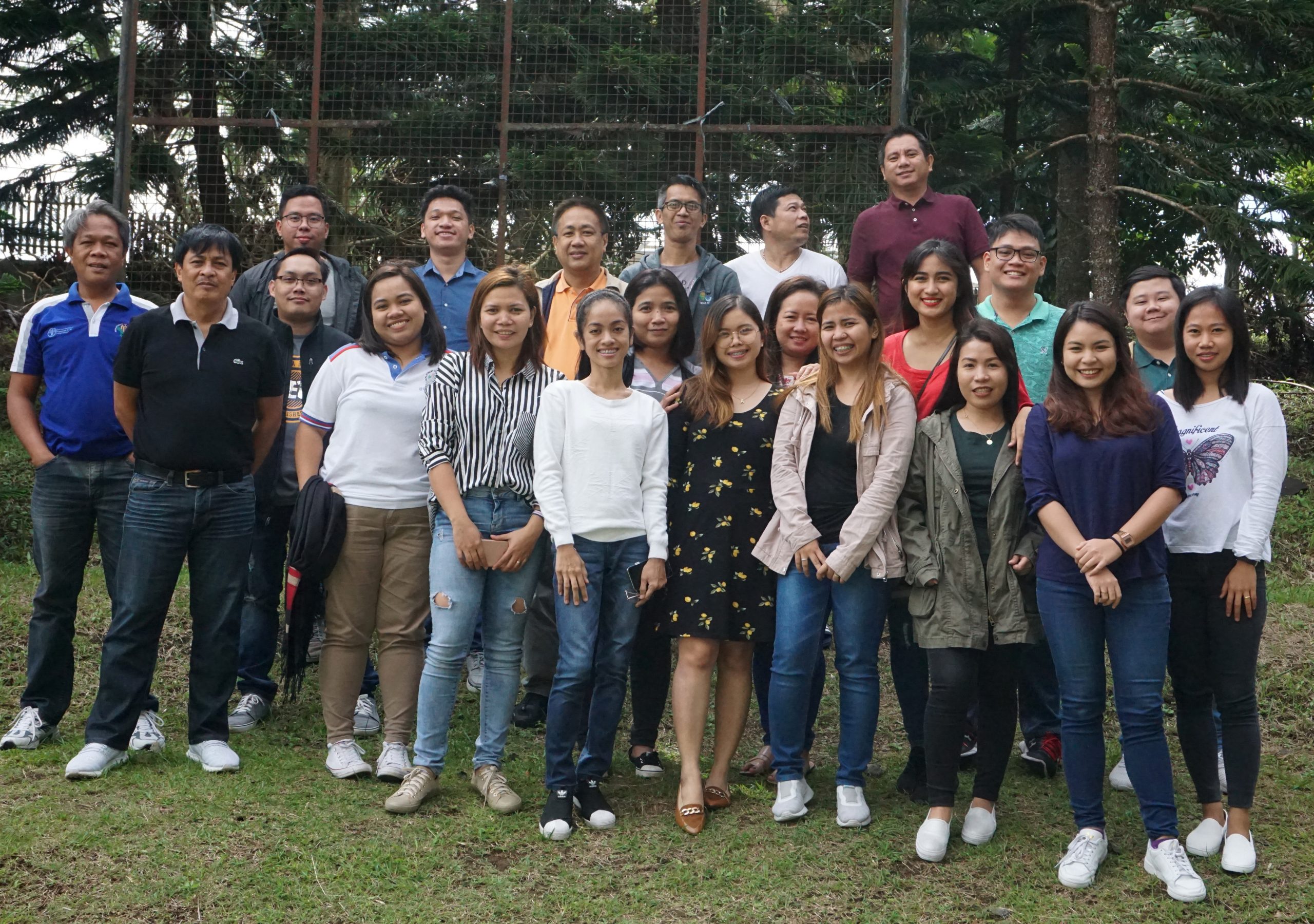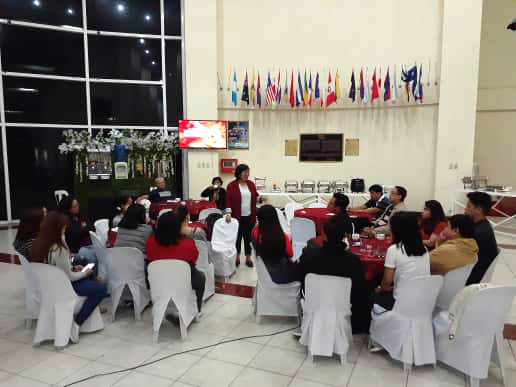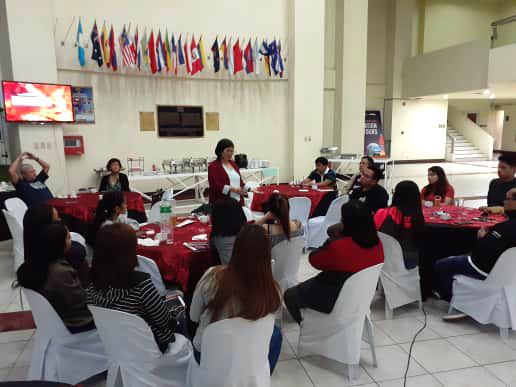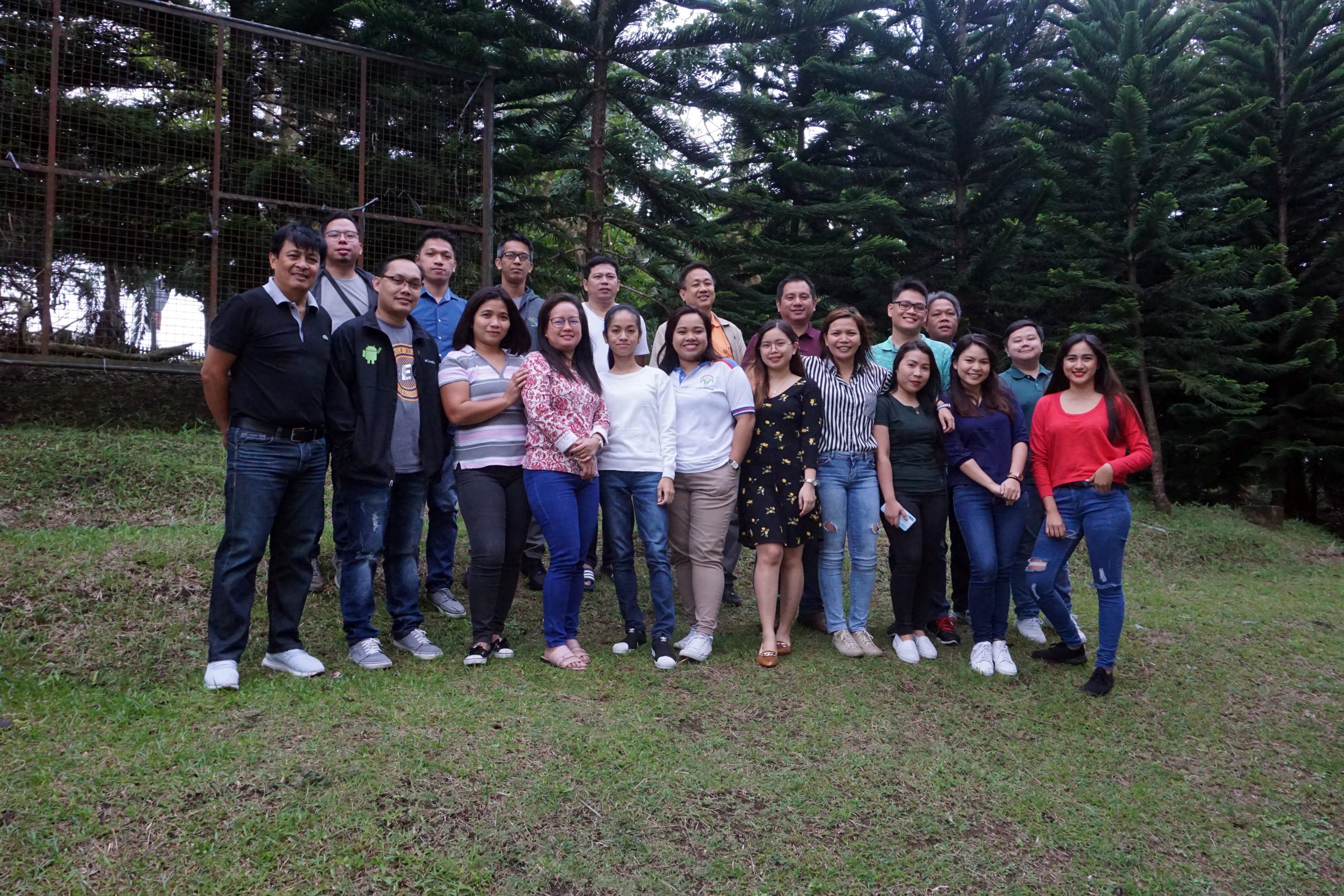TAGAYTAY CITY, December 16-19, 2019 – The Special Area for Agricultural Development (SAAD) Program of the Department of Agriculture (DA) improved its National Program Management Office’s (NPMO) structure and strengthened its partnership with the Agricultural Training Institute (ATI) during its Year-End Assessment.
Dr. Myer Mula, SAAD Program Director, led the activity and came up with four clusters for the NPMO. The clusters include the 1. Planning, Monitoring and Evaluation (PME), 2. Public Relations and Communications, 3. Information Technology and Database, and 4. Administrative.
Each group came up with its action and work plan for 2020. The plan consists of the deliverables and proposed schedule for field monitoring and other important events. Director Mula and Assistant Director Ulysses Lustria, Jr. will oversee the NPMO.
Meanwhile, a new inclusion in the PME Cluster will supervise the program implementation of the Bureau of Fisheries and Aquatic Resources (BFAR).
The NPMO also enhanced its logical framework (log frame), which is necessary for effective program monitoring and evaluation. In 2020, the SAAD Program will partner with state universities and colleges (SUCs) to conduct its mid-term evaluation, a study that will assess its immediate impact on the farmers and fishermen.
The SAAD Saga event, a platform to recognize the success stories of the program beneficiaries and showcase their products, will also continue next year with fishers to participate as well.
SAAD and ATI Partnership
ATI Assistant Director Dr. Rosana Mula visited the event to share the enhanced direction of the bureau and how it will help the SAAD Program in its provision of training programs to its beneficiaries using its modules and training centers. She also committed to updating the NPMO after their meeting with the regional directors in January 2020.
Social Preparation is an important component of the SAAD Program as it will help the farmers and fishers to be empowered in the management of the livelihood projects given to them. ###
Writer: Jhomai Canlas, SAAD Public Relations and Communications








Comments (0)